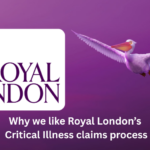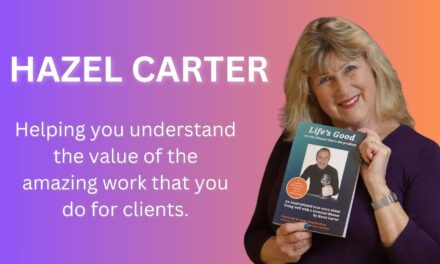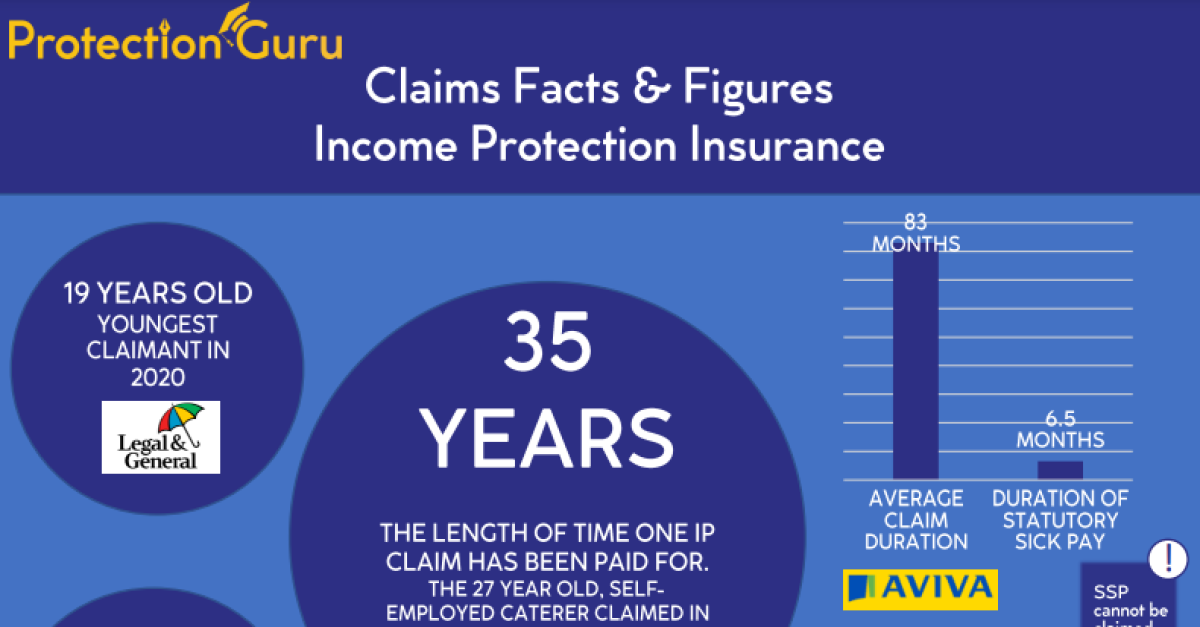
Turning client objections to income protection around

Being unable to work due to an illness or accident could have all sorts of financial implications – from missing mortgage repayments, to being unable to save for retirement. This is why protection advisers see income protection (IP) as the policy clients arguably need the most.
According to the Association of British Insurers (ABI), sales of new individual IP policies hit 247,000 last year – a 16% increase on 2022 and the highest since the ABI started collecting this data in 2000.
However, advisers will still come across clients who say they don’t want or need IP. How should they handle these objections?
Never enough
Advisers who understand IP know policies pay a percentage of someone’s pre-tax earnings in the event of a claim. They also appreciate why insurers can’t cover someone’s full salary – there would be little incentive for claimants to return to work.
But to a client without the knowledge an adviser has, the difference between their usual salary and what they could get on an IP policy may appear too much of a drop.
The fact the percentage of income is quoted gross – and not a percentage of their take-home pay – may not register with them initially. They may also be unaware of any state benefits and sick pay they could claim, and how low these would be relative to their salary if they had no IP.
Advisers sometimes see self-employed clients whose main objection to IP is that the payout they would get if they claimed is ‘not good enough’. But it turns out this is because that client’s declared income for tax purposes is lower than their actual earnings.
“Someone who is self-employed might be earning £100,000 a year but not putting it all through the books,” says The Protection Parent director Karla Edwards.
“If someone is self-employed, £12,000 a year might be all they decare and we have to tell them that, unfortunately, IP can only do certain things for them,” explains Cover My Bubble founder Emma Astley.
However, she says it may be possible to do things a bit differently. Depending on the legal structure of a client’s business, they may be eligible for an executive IP plan.
“Dividends and pension payments can be included in an executive IP plan, so we can make it a better conversation,” says Astley.
Sole traders are ineligible for executive IP, however.
Not me
A common objection to IP is where people think accident and illness ‘will never happen’ to them. How can they be so sure?
Office for National Statistics data shows the number of people not in paid employment due to long-term sickness has been rising in recent years, standing at over 2.5 million people in 2023.
Independent charity The Health Foundation has also found that 3.7 million people – 12% of the working population – have a ‘work-limiting’ condition that restricts the type or amount of work they can do.
Poor health is clearly impacting working lives, even though some clients might think they’re immune.
“Some clients say, ‘I’m never off sick’. If someone has got that attitude and they don’t want IP, you can try to educate them but you’re probably not going to change that,” says Edwards.
Fortunately, this is rare. Edwards finds that after talking to clients and explaining what IP can do for them, they are not grappling for reasons not to get cover.
“I get a basic overview from them and ask what is important to them,” says Edwards. “It’s very rare I get anyone saying they don’t want it.”
Already covered
Other objections to IP come from people thinking they will have the ‘what ifs’ covered by company sick pay, state benefits or other protection policies which have a different purpose, like critical illness cover. But advisers often find client perceptions of what would be available to them financially are very different to the reality.
Take company sick pay schemes. There are wide variations between employers and people usually tend not to pay much attention to their firm’s policy.
Astley deals with clients who use company sick pay as a reason not to take IP by asking them how much sick pay they would get and for how long. Around 90% of them have no idea.
“I tell them to go away and check what they’re covered for through work,” says Astley. “A lot of them come back and say they’re only covered for 10 days’ sick pay.” That tends to make them more receptive to IP.
“Now, because sick pay is less, and fewer companies offer it as a benefit, I’ve seen a big increase in IP over the last year,” says Edwards.
If employees have no company scheme or they don’t qualify to join, they may be eligible for statutory sick pay (SSP) – currently £116.75 a week for up to 28 weeks. After that, they can apply for the employment support allowance (ESA). Self-employed people are ineligible for SSP because they have no employer, but they can still claim ESA.
Even the current ESA maximum of £138.20 a week – which people only really get if they are unlikely to be able to work again – will be much less than most people are used to. When this is explained to clients, the value of IP should become clearer – even to those worried about costs.
Clients who see the cost of IP as a barrier may respond well to Astley’s approach of ensuring there is plenty of choice in terms of affordability.
“I give age-banded options for one-year, two-year and full-term IP options, as well as guaranteed premiums for the same terms,” she says. “More options mean a better conversation and then uptake on IP.”

















